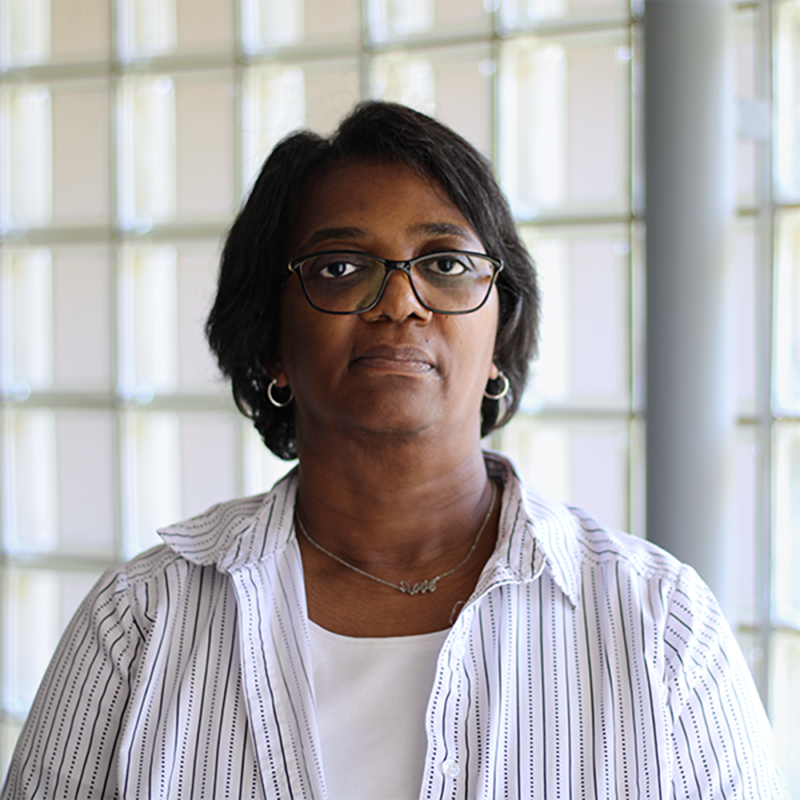For nearly two years, the Albemarle-Charlottesville Regional Jail has been hit hard by the pandemic. While the virus shakes up life outside the jail’s walls, those incarcerated at ACRJ have reported poor COVID containment procedures and unhygienic living conditions. Now, with the highly-contagious omicron variant spreading across the country, coronavirus cases have reached an all-time high at the jail.
On January 18, superintendent Martin Kumer reported that 65 incarcerated individuals and 10 staff members had tested positive for the virus. Around 66 percent of the jail population—currently 265 people—have received at least one dose of the vaccine. As of February 1, the ACRJ data on the Blue Ridge Health District’s COVID dashboard had last been updated on January 21, and showed 42 positives among incarcerated people and another six among staff.
“An outbreak this size is not unexpected given the community positivity rate of over 35%,” Kumer wrote in a press release. “Our infection rate typically follows those within the community. We expect our rates to begin to decline as those in the community decline.”
In response to the outbreak, Kumer claimed the jail would continue to put eligible individuals—especially those who are high-risk—on home electronic incarceration, as well as test and quarantine the jail population and staff, require employees to wear masks, offer vaccines and boosters, and limit movement around the jail. The local courts also agreed to delay those scheduled to begin sentences from reporting to the jail for 30 days, he said.
However, multiple incarcerated individuals report that the jail could be doing more to get the outbreak under control. These claims echo reporting from C-VILLE over the last year.
Terrence Winston claims that the flow of employees in and out of the facility, which is short-staffed, is contributing to the spread of the virus. Staff members have also not been wearing masks consistently, he says, possibly causing the outbreak.
“It’s the staff—they’re the ones that keep coming in and out,” Winston says. “And they may be slacking on testing these people who are coming inside of this jail.”
He also says the jail hasn’t provided adequate cleaning supplies. Throughout the pandemic, incarcerated people have reported black mold, bug infestations, dirty vents, standing water, leaky ceilings, and many other sanitary issues in their pods.
“I’ve been in [my pod] for two and a half months, going on three months—we’ve never seen bleach to clean the pods, the showers. The catwalk is disgusting,” says Winston. “We have to sit here and beg for bleach, and don’t get it.”
Allan Via fears COVID will only get worse at the jail if staff does not stop moving people around to different pods. Meanwhile, the jail continues to bring in new people, claims Ty Gregory.
“I was supposed to come off quarantine on the 23rd, but they brought a guy to our block [last week] knowing that he was COVID positive. They brought him in and took him out,” says Via. “They’ll bring somebody in for about two minutes, turn around, and take him out.”
“They’re constantly moving people around,” he adds. “They do not have it under control.”
Following the announcement of the outbreak, Beyond Charlottesville Policing urged the public to contact the jail board, and demand the jail provide hand sanitizer, cleaning supplies, and medical-grade masks, as well as fix the heating outage in Pod GL. During a January 18 City Council meeting, Councilor Sena Magill, a member of the jail board, said the jail no longer had heating issues, but did not plan on distributing masks because “people just haven’t been wearing them.”
Winston claims the jail population wears masks outside their pods, and would appreciate new ones. “We got to put masks on to go to rec, to go out in the hallway to get mail…If you don’t have a mask on, you can’t go nowhere,” he says.
And on top of the outbreak, the heat is still out in some parts of the jail, report multiple incarcerated people. Gregory claims it has been 40 degrees in his pod for several days. “Nothing’s changed,” he says.
During a January 13 jail board meeting, Kumer claimed the jail had restarted in-person programming during the outbreak, focusing on substance abuse, anger management, domestic violence, financial literacy, and other topics. However, Winston says there has yet to be any programming, leaving people at the jail with little to do.
To bring an end to the outbreaks, Via wishes the jail would test staff members regularly, and use more accurate tests. Winston also urges the jail to adopt proper health and safety protocols, and provide the population with sufficient cleaning supplies.
Most importantly, jail leadership must improve their communication, and immediately inform and quarantine people who have been exposed to the virus, say the incarcerated men.
“They don’t tell us nothing at all,” adds Winston. “We just eventually find out.”






